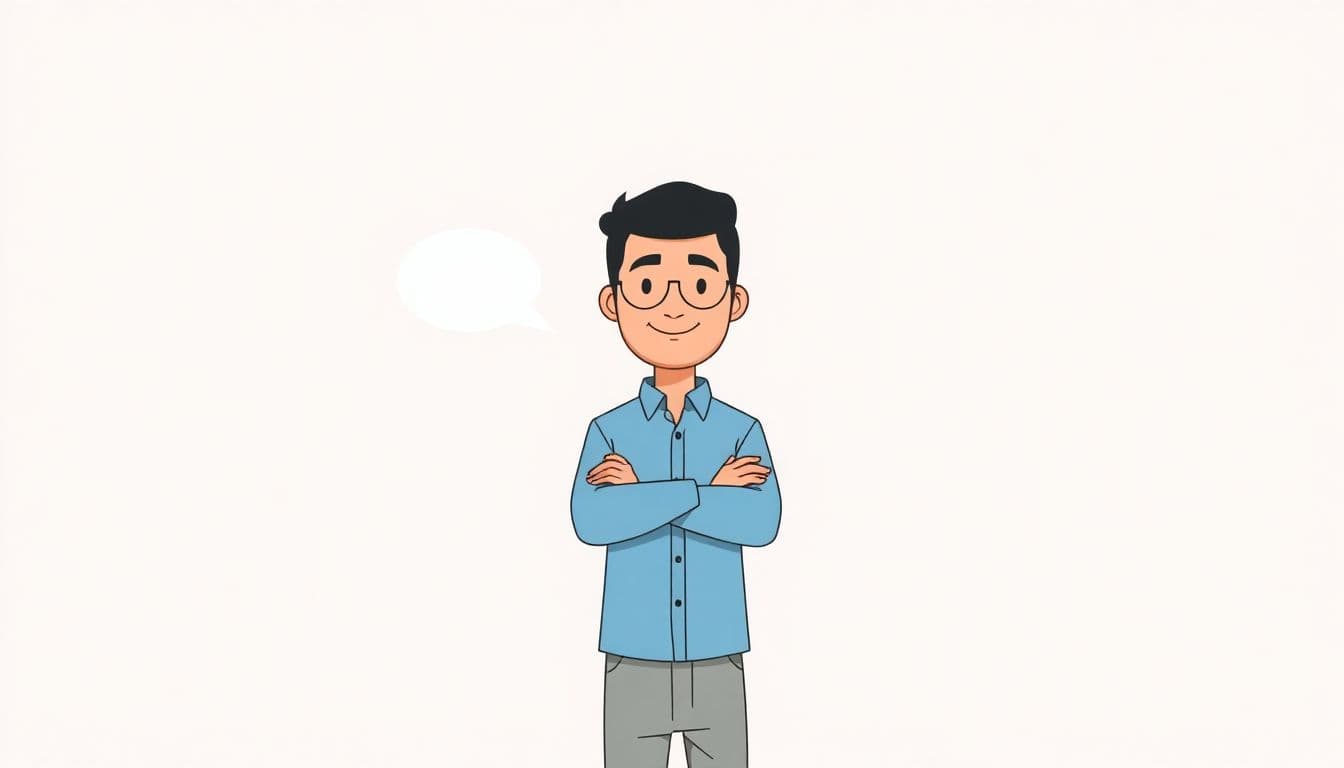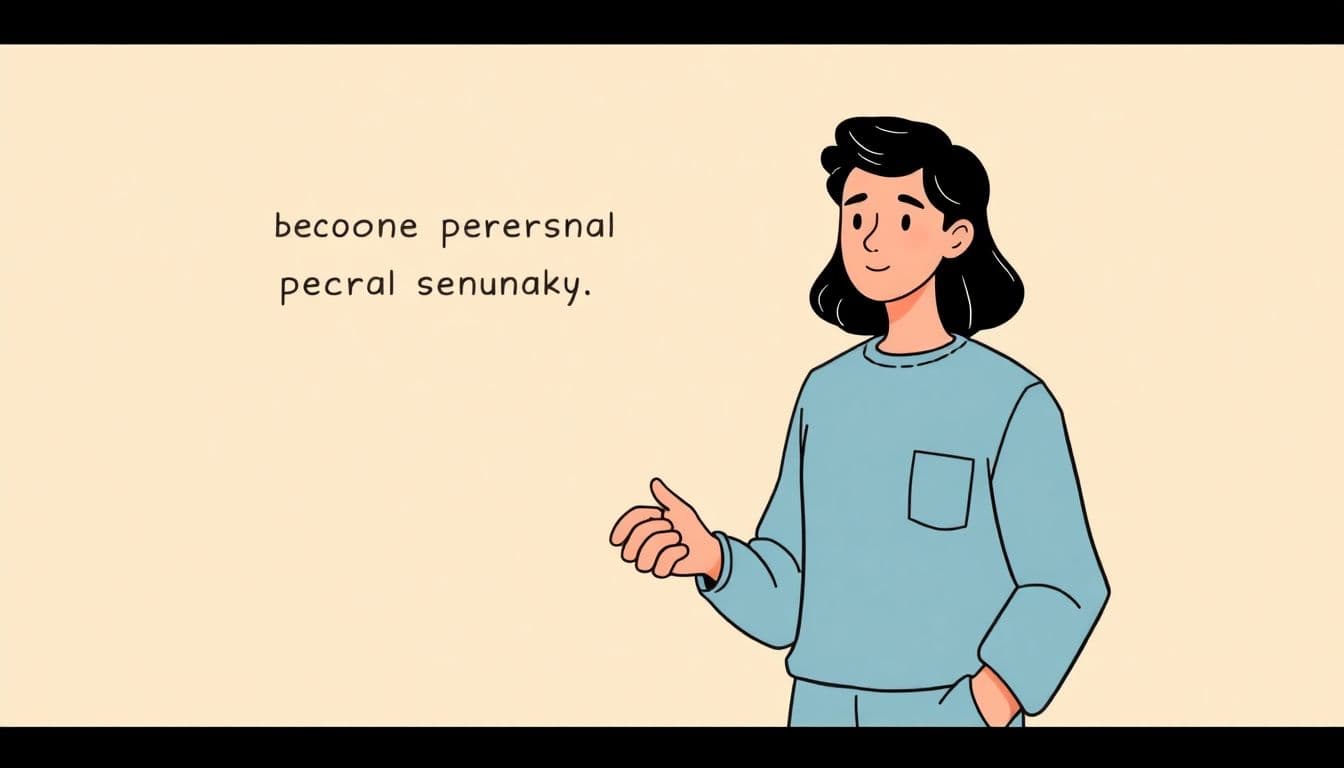Table of Contents
Rejection hurts, there’s no way around it. It feels personal, and honestly, it can shake your confidence and make you question your worth. We’ve all been there—and yep, it totally sucks.
But hey, here’s the good news: rejection doesn’t have to break you. In fact, dealing with rejection can help you become stronger, wiser, and more resilient. Stick around, because together we’ll figure out how to handle rejection like a pro and bounce back faster.
Ready? Let’s dive in and sort this out step by step.
Key Takeaways
- Rejection happens to everyone, even successful people; it’s usually not personal.
- Let yourself feel your emotions instead of bottling them up; it’s healthier long-term.
- Don’t beat yourself up; do something comforting instead, like a hobby or relaxing activity.
- Stay connected with supportive family and friends—talking helps ease rejection’s sting.
- Take care of your mind and body with exercise, healthy eating, rest, and mindfulness activities.
- Learn from rejection: think about what you can improve or do differently next time.
- Small rejections build emotional strength; keep putting yourself out there.

Accept rejection as a normal part of life
Let’s face it—rejection happens, and it’s perfectly normal to feel upset about it.
But the key here is to remember that everyone, yes everyone, faces rejection at some point. Even famous authors get rejection letters—Stephen King’s first novel was turned down by publishers 30 times before it found a home.
The important thing is realizing it’s not a reflection of your worth; it just means you weren’t the right fit at that moment.
For example, Egor Howell, a Data Scientist, got rejection after rejection and had to keep sharpening his data skills through over 300 applications before finally landing his role.
Tip: Keep reminding yourself that rejection is often subjective—what doesn’t work for one person or situation could be perfect for another.
Allow yourself to feel your emotions
When rejection hits, it’s tempting to brush off your feelings or pretend you’re totally fine.
Here’s the tricky part—that rarely works. Bottled-up emotions always find a way to sneak back up later.
Instead, try actually letting yourself feel upset, disappointed, frustrated or whatever it is you’re honestly feeling.
Grab some ice cream, vent to a friend, or do whatever gives you comfort at that moment.
Science backs this up: suppressing emotions can lead to higher stress and even health problems down the road, which nobody wants.
An actionable tip here is to write honestly about your emotions—using creative outlets like journaling or trying out seasonal writing prompts can be therapeutic and help process tough feelings.
Be kind to yourself and practice self-care
Getting turned down can be rough, and it’s easy to start being your own worst critic.
This is exactly when you need kindness from yourself the most—treat yourself like you would a good friend who’s going through something similar.
Take deliberate time to slow down and indulge in self-care, whether that’s enjoying a peaceful walk outdoors, exercising, reading a favorite book or relaxing in a hot bath.
Studies show that regular self-care reduces stress and boosts emotional resilience, so you bounce back faster when things go sideways.
If you’re into creative pursuits, maybe even start that idea you’ve been putting off, like figuring out how to publish your book, as an empowering distraction and mood-lifter.

Connect with supportive friends and family
If rejection’s got you down, don’t retreat into a cave—even though that’s tempting.
Spending time with supportive friends and family can work wonders when you’re feeling low.
Research has shown that social exclusion and chronic rejection can seriously harm your emotional health and even lead to things like depression and substance abuse, as explained in this Psychology Today article.
So reach out, throw out a text to a close friend or plan a laid-back hangout with family—anything to break the isolation.
Sharing your feelings makes the rejection feel lighter, loosens its grip, and helps you see things from another angle.
Tip: Create a regular catch-up schedule with someone close, it’ll guarantee that you have a consistent network to lean on whenever you need it.
Keep your mind and body healthy
Yeah, rejection impacts your mood—but it doesn’t have to totally wreck you.
Keeping your body and mind healthy sets you up to bounce back quicker.
Little things help a ton—like eating foods that fuel you, squeezing in regular exercise you actually enjoy, and getting enough restful sleep.
And don’t forget mindfulness practices—activities like meditation or deep breathing exercises help keep emotional stability when rejection hits.
Also, having hobbies that relax your mind or ebooks that inspire you smoothly shifts your attention to something engaging.
And hey, if you’re creatively inclined, you could even try learning how to publish a graphic novel—it’s a fun and productive distraction.
Reflect on rejection to learn and grow
Being rejected sucks, no arguing that, but here’s a silver lining—it’s a valuable opportunity for learning.
Take some time to reflect honestly (but don’t obsess), asking yourself constructive questions like:
- Were there specific skills or areas I could have improved?
- What can I do differently next time?
- Does this rejection indicate a direction I should pursue further or reconsider?
For instance, if you’ve been turned down for multiple jobs, maybe brush up your skills through focused courses—keep in mind, simply completing a course brings roughly 80% of the learning benefit compared to endless research, according to recent findings shared by AutomateEd.
The trick here isn’t to dwell negatively, but to use rejection as actionable feedback to help shape a smarter future decision.
Develop resilience to handle rejection better next time
Can you actually train your resilience to rejection? Yeah—you totally can.
Think of emotional resilience like a muscle; the more you flex it through various challenges, the stronger it gets for the future.
One practical way is gradually pushing outside your comfort zone—take small risks that’ll result in some form of potential rejection, like pitching articles, sending out creative work, or applying to opportunities in areas you’re passionate about.
And if you’re publishing for the first time, it’s normal to face a few hurdles—reading guides on topics like getting published without an agent can help build your confidence bit by bit.
When you do get rejected (which will inevitably happen now and then), see it intentionally as practice for building emotional strength and adaptability, making subsequent setbacks much easier.
The bonus here? Each “no” brings you closer to the next “yes.”
FAQs
Accept rejection as part of life and let yourself experience your emotions fully rather than suppressing them. Practice self-compassion, communicate your feelings with reliable friends or family, and maintain regular exercise and healthy routines for physical and emotional wellness.
Prioritize activities that lift your mood, such as hobbies you love, relaxing quietly, or gentle exercise. Engage in positive self-talk, give yourself sufficient rest, eat nutritious foods, and spend time connecting with family members or supportive friends.
Reflecting helps you identify lessons and potential areas of improvement. Calmly analyzing what occurred can clarify the reasons behind the rejection, which then strengthens your resilience and prepares you to navigate similar situations more effectively next time.
Resilience lets you bounce back quicker from rejection, reducing its negative impact on your confidence. By regularly adopting a resilient mindset, you become stronger, better at handling setbacks, and equipped to turn rejection into an opportunity rather than a setback.



